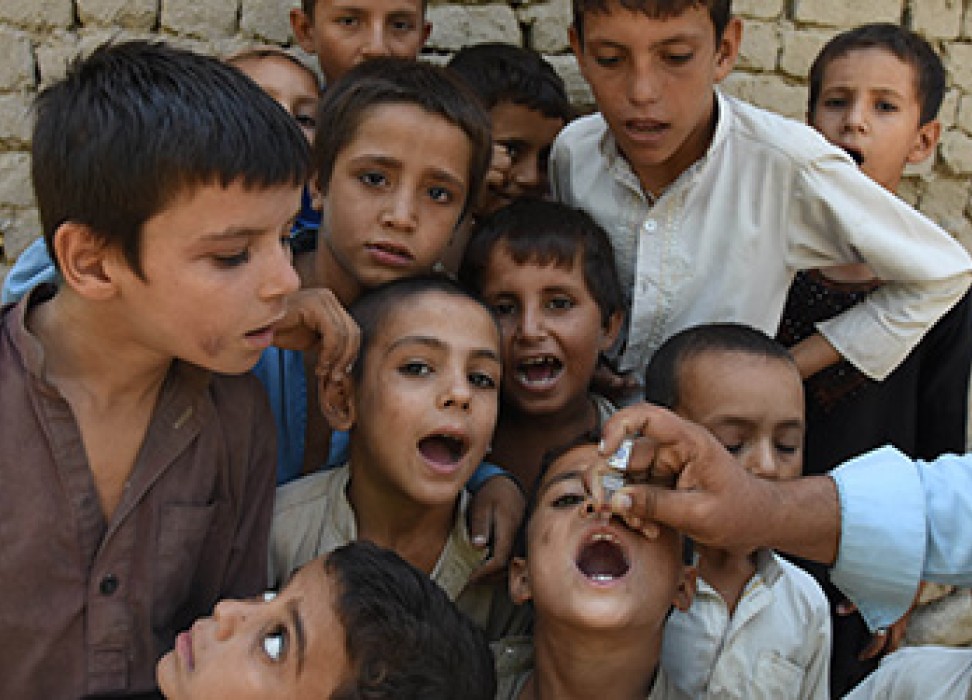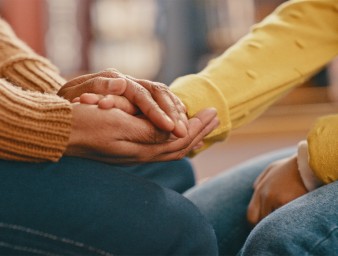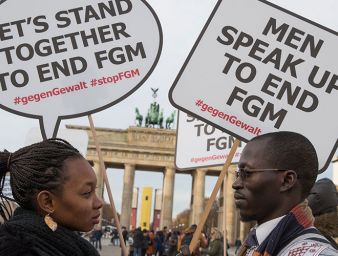New group to expand access to health and human rights for women, children and adolescents
22 September 2016

Related
Helping to expand access to health and human rights for women, children and adolescents everywhere is the goal of the new High Level Working Group for the Health and Human Rights of Women, Children and Adolescents.
The High Level Working Group responds to the global demand of the Sustainable Development Goals that no one be left behind, said UN Deputy High Commissioner for Human Rights Kate Gilmore.
“Wherever they may be – no matter how tough their circumstances, how disputed their needs, how contested their identities, every woman, child and adolescent has the right to seek and receive quality, essential health care”.
Co-hosted by the World Health Organization (WHO) and the Office of the High Commissioner for Human Rights (OHCHR), the High Level Working Group will be supported by a joint secretariat.
The High Level Working Group is co-chaired by former President of Finland, Tarja Halonen and leading human rights expert, Hina Jilani from Pakistan, a member of The Elders, an organization of former statespersons founded by Nelson Mandela dedicated to promote peace and development. Renowned humanitarian, Dr Denis Mukwege of the Democratic Republic of Congo, will be lead rapporteur for the Group.
“This working group is truly novel, and it is an honour to co-lead it,” said Halonen. “Mere lip service to human rights is not acceptable. We need clearer thinking about what it takes to make human rights a reality for those who are overlooked or marginalized – to ensure that they can lead dignified, healthy and productive lives.”
Last year, Secretary-General Ban Ki-moon, together with global leaders and heads of state, launched the Global Strategy for Women’s, Children’s and Adolescents’ Health (2016-2030). The strategy not only looks to ensure the survival of women, children and adolescents, but also to ensure that they can thrive and play a transformative role in the development of their communities and societies.
“Within the framework of the SDGs and the Global Strategy, we have an unprecedented opportunity to make progress on health and human rights,” said WHO Assistant Director-General Flavia Bustreo. “We must now move from words to action.”
The group will work for one year to generate high-level political support, at both national and international levels, for the implementation of the human rights-related measures called for under the Global Strategy. This includes guidance on how human rights can be integrated into health programming, and how we can better measure the impact of human rights on health outcomes.
“We need to demystify human rights,” said co-chair Hina Jilani. “It is about taking concrete steps so that a woman in the mountains of Pakistan can deliver her baby with high quality care. It means that the poorest child in a city slum in Nairobi is being reached with life-saving vaccines. It means that a teenage girl in Bolivia is involved in the design of health services that are relevant and acceptable to her. Together we aim to put first those who have previously come last. Health is not a luxury – it is a human right.”
The working group will issue its initial recommendations at the World Health Assembly and Human Rights Council in the spring of 2017.



